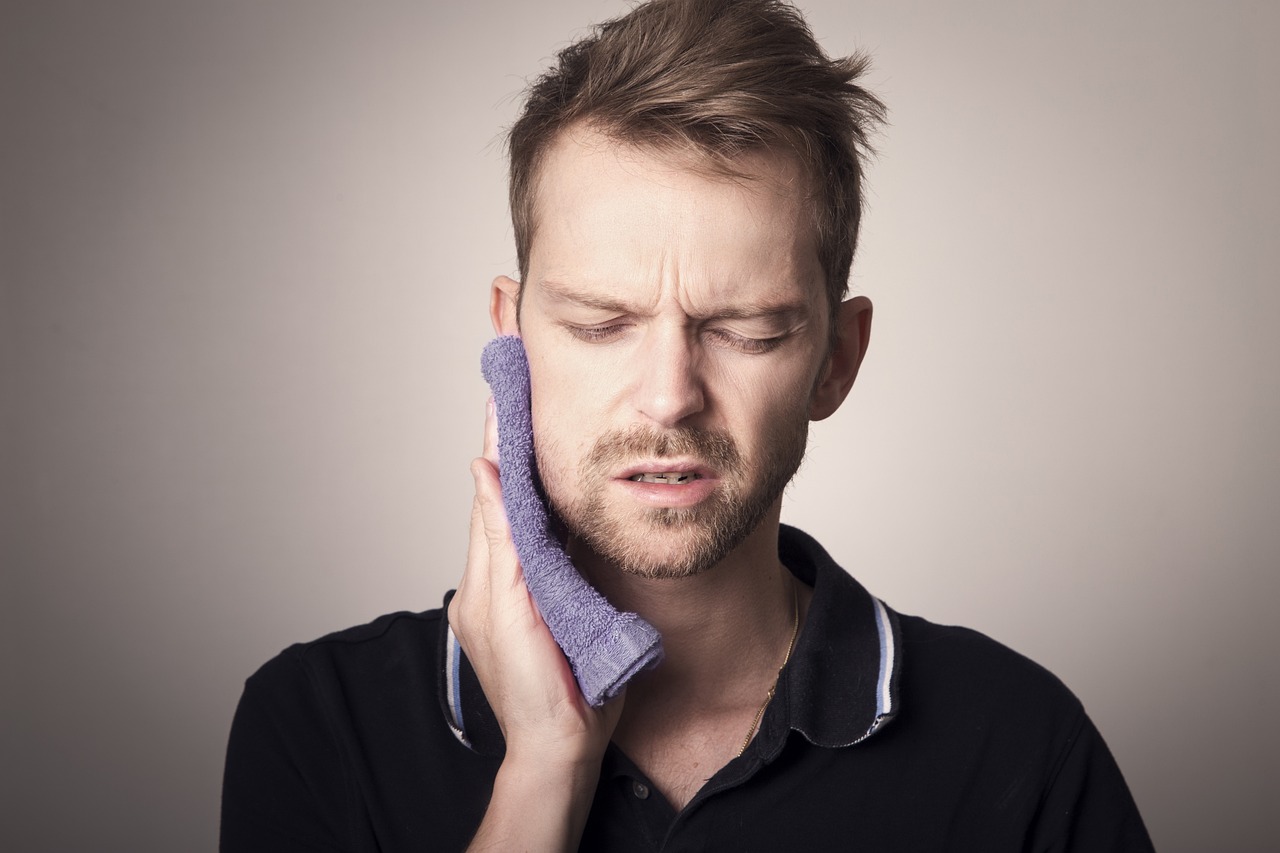
A Surprising Connection Between Your Airways and Your TMJ
Have you ever wondered if your breathing might be connected to the discomfort you feel in your jaw? As a bioesthetic dentist in Burlington, I’ve seen firsthand how these two seemingly unrelated areas of the body can influence each other. Your airways and TMJ joints share a delicate balance that, when disrupted, can lead to a variety of symptoms. Let’s delve into the fascinating connection between these two vital parts of your body:
The Role of Your Airways
Your airways, including your nose, mouth, and throat, play a crucial role in your overall health. When you breathe through your nose, the air is filtered, warmed, and humidified and balanced with nitric oxide before reaching your lungs. This process helps to maintain optimal lung function and prevent irritation.
However, if you’re a mouth breather, your airways may become compromised. Mouth breathing can lead to a decrease in oxygen intake, changes in pulmonary blood pressure and more, which can affect your overall well-being. Additionally, it can contribute to a host of oral health issues, such as dry mouth, bad breath, and tooth decay.
The Connection to TMJ
So, how does your breathing affect your TMJ joints? The answer lies in the interconnectedness of your facial structures. When your airways are compromised, it can lead to changes in facial posture. For example, mouth breathing can cause your jaw to protrude forward, putting strain on the TMJ joints.
Also, bruxism or clenching and grinding your teeth, is caused by night time pauses in breathing called hypopnea or apnea depending on the length of time you stop breathing. So if you have an airway problem, exasperated by normal sleep cycles (called sleep disturbed breathing), this can cause dysfunction and excess strain on your TMJ joints and teeth.
This strain can result in a variety of symptoms, including:
- Jaw pain and tenderness
- Difficulty opening and closing your mouth or chewing
- Clicking or popping sounds in your jaw
- Headaches or migraines
- Tooth pain and sensitivity
- Cracked, broken or chipped teeth and failure of previous dental work
- Ear pain, ringing of your ears and decreases in hearing
The Importance of Proper Breathing and Your TMJ
To improve your TMJ health, it’s essential to prioritize proper breathing. Here are some tips to help you breathe more effectively:
- Practice nasal breathing: Make a conscious effort to breathe through your nose as much as possible. Use aids such has nasal rinses and sprays as well as breathe-right strips to help you breathe freely through your nose, especially during sleep.
- Improve your posture: Good posture can help to align your facial structures and reduce strain on your TMJ joints. The posture of your tongue, on the roof of your mouth, is also important and can often be overlooked or unknown to be incorrect.
- Consider a sleep study or screening: If you suspect you may be a mouth breather during sleep, or if your sleep is not restorative/refreshing, a sleep study can help to diagnose the issue.
- Consider a myofunctional assessment: Having a qualified and well trained myofunctional therapist do an evaluation can help diagnose unknown issues with swallowing and breathing.
- Seek professional help: A qualified dentist, such as a bioesthetic dentist, can provide personalized treatment to address your TMJ symptoms and improve your overall oral health.
By understanding the connection between your airways and TMJ joints, you can take proactive steps to improve your overall well-being.
If you’re experiencing TMJ symptoms, don’t hesitate to contact our Burlington bioesthetic dentist’s office. Together, we can work to restore the balance between your airways and TMJ joints, leading to a healthier, happier you.
Schedule your appointment with us at Chittenden Dental today.



